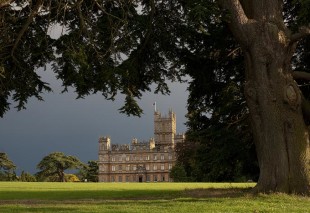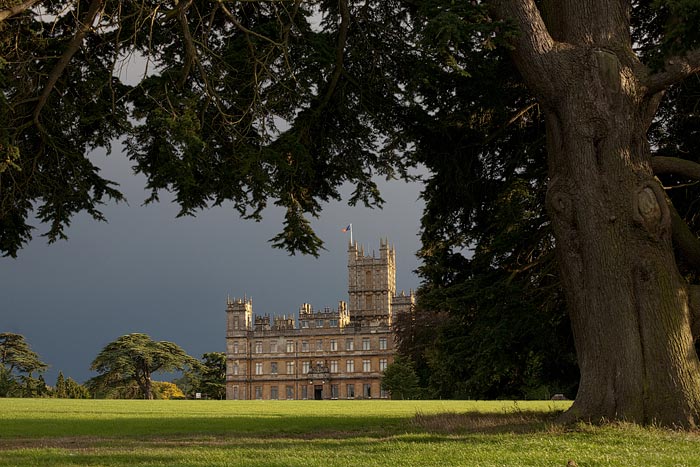More Lessons Learned from Downton Abbey
More Lessons Learned from Downton Abbey
10.2 million viewers watched the opening episode of Season Four and followed along as Lord Grantham and the rest of the Crawley family provided more useful investing and life lessons.
- Continuity – Lord Grantham’s major focus in life was to preserve the estate and hand it over safely to the next generation. He saw himself as a steward. Multinational corporations are run for the benefit of the shareholders. A key focus of senior management is to perpetuate the firm and guide it through difficult economic times.
- Estate Planning – The British plan ahead, but Matthew Crawley’s death at the end of Season Three was unexpected.
You can plan ahead, but you can never remove all risk.
- Taxes – Death duties in England were substantial in the 1920’s. The Crawleys hoped for relief in terms of time to pay, but not in how much to pay. Tom Branson, son-in-law and estate manager, Lady Mary Crawley and Lord Grantham wrestled with the question of paying immediately by selling land or carrying a debt and paying over time. Tom made the case that efficient operation of the estate should produce the cash flow necessary to keep the land intact.
Fortunately, today’s investors have more estate planning tools available than the Crawley family in the 1920’s.
- Ambition – Servants in Downton Abbey worked impossibly long hours. Service was a career and they climbed the ladder over time. Attitude or “getting above yourself” was frowned on, but ambition was rewarded. Alfred Nugent, a footman, had talent in the kitchen. He applied for a position at a cooking school run by the Ritz Hotel and was accepted! The staff and family were thrilled for him and warmly sent him off.
Encouraging people to rise to the best of their abilities pays dividends in the long run.
- Loyalty – The Crawley family didn’t shop on price. They were loyal to stores, service providers and professional relationships from generation to generation. Yes, they probably paid more, but they received great service and excellent attention. George Murray, their lawyer, made house calls.
Long term relationships often come with intangible value that money can’t buy.
- Diversification – The Grantham estate expanded into pig farming. (It’s noble! Prince Charles does it today at his Highgrove Estate in Gloucestershire.) This produced an additional stream of revenue, although the estate needed to hire and train additional staff.
Businesses need to constantly adapt. It’s important to spot opportunities and act on them.
- Technology – Downton Abbey got electricity in Season One. Season Four introduced labor saving devices like the electric mixer and the sewing machine. Some servants were eager and curious; others were wary of machines taking the place of people.
Technology is here to stay. Get comfortable as early as possible.
- Reputation – Downton Abbey, as an institution, had a reputation. Both Lord Grantham (upstairs) and Carson, the butler, (downstairs) ran a tight ship. The consequences of actions were considered. Scandal was kept as quiet as possible and downstairs discipline was administered internally. The staff considered actions in the context of the reputation of the house.
Reputation is earned incrementally, yet can be damaged instantly.
- Honor – Lord Grantham saw the family’s honor as a tangible. In Season Four, a love letter compromising the Prince of Wales went missing from Freda Dudley Ward’s purse after Lady Rose MacClare, a young cousin of Lord Grantham, mentioned it while partying. Lord Grantham felt a family obligation to recover the letter from the thief’s apartment because the Crawley family caused the problem. (You can’t embarrass the future King!) The letter was recovered.
Your good name is your greatest asset.
Downton Abbey continues to dispense excellent personal and financial advice. The countdown now begins to Season Five…
Recent
Popular





















